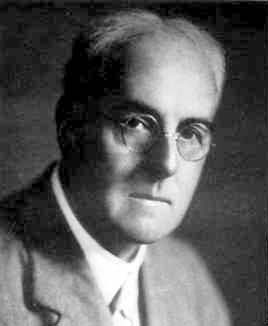

![]()
The Lewis F. Richardson Lifetime Achievement Award honors a recipient who has made exemplary scholarly contributions to the scientific study of militarized conflict. The prize is dedicated to encouraging scholars to pursue innovative avenues of research in the tradition of the eminent British meteorologist and peace researcher, Lewis Fry Richardson. It is given on a tri-annual basis to scholars who analyze international interactions systematically and rigorously and have spent most of their academic life in Europe.
The initial award was supported by Standing Groups of the European Consortium for Political Research. The award currently has no formal connection with the European Consortium for Political Research.
![]()
![]()
2014-2016
![]()
Lewis Fry Richardson (11 October 1881 - 30 September 1953) was a British scholar and scientists who made important contributions to mathematics, physics, and the study of conflict and peace.
Richardson was born in Newcastle upon Tyne, and educated in the natural sciences at King's College, Cambridge. His long career involved a large number of very diverse positions, including posts at the Meteorological Office, three years in the Friends Ambulance Unit during WWI, concluding in his appoinment as Principal at Paisley Technical College.
Richardson is perhaps best known for his contributions to the study of meterology, where he pioneered efforts at weather forecasting. The Richardson Number is named after him. The European Geophysical Union awards the Richardson Medal "for exceptional contributions to nonlinear geophysics".
Richardson was a Quaker and a pacifist, and eager to use scientific methods to be better understand the causes and dynamics of violent conflict. His work on war and peace before 1945 was generally ignored by conventional international relations scholars, but researchers such as Anatol Rapoport revived interest in his work in the 1960s.
This review (JSTOR required) in the British Journal of Political Science of LFR Richardson's collected papers by Michael Nicholson (a previous Richardson award winner) provides an overview of his contributions to the study of war and peace